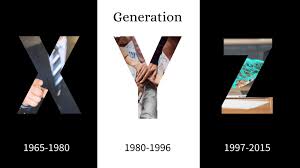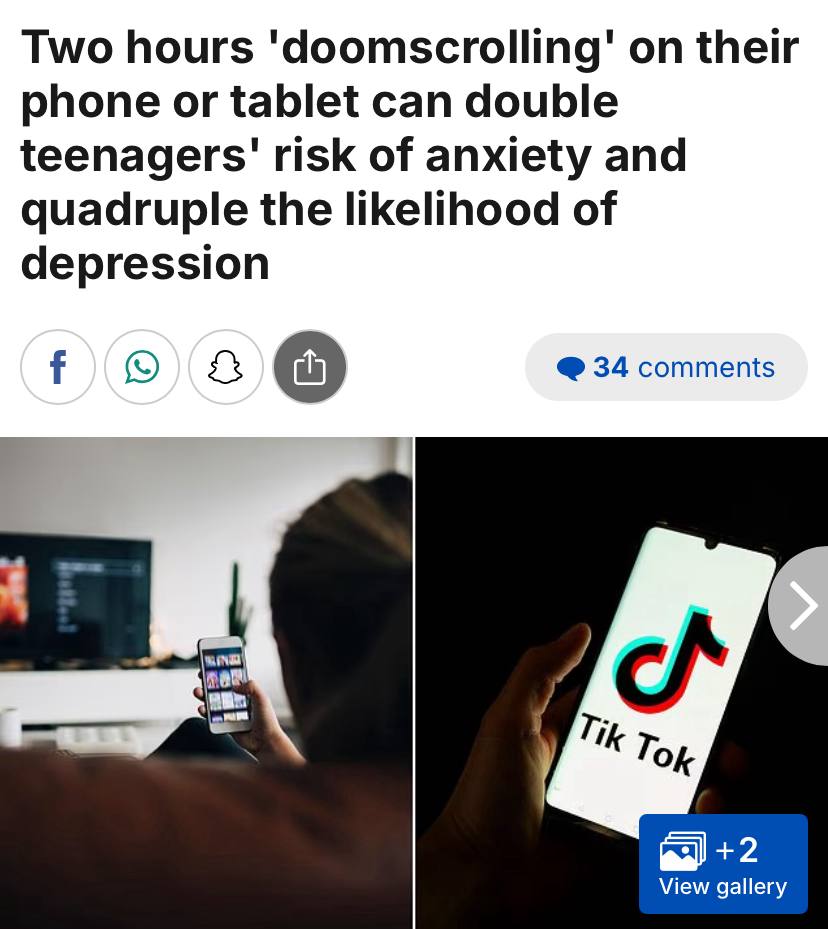The endless scroll of bad news is wreaking havoc on Generation Z’s mental health, and the numbers are grim.
Scientists have measured the impact: just a couple of hours spent doomscrolling — endlessly consuming negative news on social media — doubles rates of depression and quadruples anxiety among young people. The smartphone, once a symbol of connection, is now a pipeline to psychological distress.
 Studies paint a stark picture. Half of Zoomers are now seeking therapy, a staggering jump from the 15% who did so in the wake of the COVID-19 pandemic.
Studies paint a stark picture. Half of Zoomers are now seeking therapy, a staggering jump from the 15% who did so in the wake of the COVID-19 pandemic.
That’s right: the relentless flood of alarming headlines and viral dread on their screens is hitting their mental health harder than a global health crisis.
The constant exposure to curated chaos — wars, climate disasters, political dysfunction — triggers a feedback loop of stress that’s rewiring young brains.
Neuroscientists are sounding the alarm. The human brain, especially in adolescence and early adulthood, isn’t built for this. Dopamine hits from notifications clash with cortisol spikes from catastrophic news, creating a perfect storm of mental strain. “It’s like running an engine on overdrive without ever stopping,” one researcher noted. The result? A generation trapped in a perpetual state of anxious overload.
Also read:
- YouTube Escalates Battle Against Ad Blockers
- Craft Top-Notch Presentations in Two Clicks: Chinese Developers Launch Magical PageOn 2.0
- Google Unveils Experimental Tool Sparkify
Without urgent action — screen time limits, digital detoxes, or platforms curbing algorithmic fearmongering — Zoomers face a future less like a life and more like an endless, nerve-fraying rally. The science is clear: doomscrolling isn’t just a habit; it’s a health crisis. Time to put the phone down.






